我的前端代码简洁之道 (大神必备)
1.通过条件判断给变量赋值布尔值的正确姿势
// bad
if (a === 'a') {
b = true
} else {
b = false
}
// good
b = a === 'a'2.在if中判断数组长度不为零的正确姿势
// bad
if (arr.length !== 0) {
// todo
}
// good
if (arr.length) {
// todo
}3.同理,在if中判断数组长度为零的正确姿势
// bad
if (arr.length === 0) {
// todo
}
// good
if (!arr.length) {
// todo
}4.简单的if判断使用三元表达式
// bad
if (a === 'a') {
b = a
} else {
b = c
}
// good
b = a === 'a' ? a : c5.使用includes简化if判断
// bad
if (a === 1 || a === 2 || a === 3 || a === 4) {
// todo
}
// good
let arr = [1, 2, 3, 4]
if (arr.includes(a)) {
// todo
}巧用数组方法,尽量避免用for循环
6.使用some方法判断是否有满足条件的元素
// bad
let arr = [1, 3, 5, 7]
function isHasNum (n) {
for (let i = 0; i < arr.length; i ++) {
if (arr[i] === n) {
return true
}
}
return false
}
// good
let arr = [1, 3, 5, 7]
let isHasNum = n => arr.some(num => num === n)
// best
let arr = [1, 3, 5, 7]
let isHasNum = (n, arr) => arr.some(num => num === n)7.使用forEach方法遍历数组,不形成新数组
// bad
for (let i = 0; i < arr.length; i ++) {
// todo
arr[i].key = balabala
}
// good
arr.forEach(item => {
// todo
item.key = balabala
})8.使用filter方法过滤原数组,形成新数组
// bad
let arr = [1, 3, 5, 7],
newArr = []
for (let i = 0; i < arr.length; i ++) {
if (arr[i] > 4) {
newArr.push(arr[i])
}
}
// good
let arr = [1, 3, 5, 7]
let newArr = arr.filter(n => n > 4) // [5, 7]9.使用map对数组中所有元素批量处理,形成新数组
// bad
let arr = [1, 3, 5, 7],
newArr = []
for (let i = 0; i < arr.length; i ++) {
newArr.push(arr[i] + 1)
}
// good
let arr = [1, 3, 5, 7]
let newArr = arr.map(n => n + 1) // [2, 4, 6, 8]巧用对象方法,避免使用for...in
10.使用Object.values快速获取对象键值
let obj = {
a: 1,
b: 2
}
// bad
let values = []
for (key in obj) {
values.push(obj[key])
}
// good
let values = Object.values(obj) // [1, 2]11.使用Object.keys快速获取对象键名
let obj = {
a: 1,
b: 2
}
// bad
let keys = []
for (value in obj) {
keys.push(value)
}
// good
let keys = Object.keys(obj) // ['a', 'b']巧用解构简化代码
12.解构数组进行变量值的替换
// bad
let a = 1,
b = 2
let temp = a
a = b
b = temp
// good
let a = 1,
b = 2
[b, a] = [a, b]13.解构对象
// bad
setForm (person) {
this.name = person.name
this.age = person.age
}
// good
setForm ({name, age}) {
this.name = name
this.age = age
}14.解构时重命名简化命名
有的后端返回的键名特别长,你可以这样干
// bad
setForm (data) {
this.one = data.aaa_bbb_ccc_ddd
this.two = data.eee_fff_ggg
}
// good
setForm ({aaa_bbb_ccc_ddd, eee_fff_ggg}) {
this.one = aaa_bbb_ccc_ddd
this.two = eee_fff_ggg
}
// best
setForm ({aaa_bbb_ccc_ddd: one, eee_fff_ggg: two}) {
this.one = one
this.two = two
}15.解构时设置默认值
// bad
setForm ({name, age}) {
if (!age) age = 16
this.name = name
this.age = age
}
// good
setForm ({name, age = 16}) {
this.name = name
this.age = age
}16.||短路符设置默认值
let person = {
name: '张三',
age: 38
}
let name = person.name || '佚名'17.&&短路符判断依赖的键是否存在防止报错'xxx of undfined'
let person = {
name: '张三',
age: 38,
children: {
name: '张小三'
}
}
let childrenName = person.children && person.childre.name18.字符串拼接使用${}
let person = {
name: 'LiMing',
age: 18
}
// bad
function sayHi (obj) {
console.log('大家好,我叫' + person.name = ',我今年' + person.age + '了')
}
// good
function sayHi (person) {
console.log(`大家好,我叫${person.name},我今年${person.age}了`)
}
// best
function sayHi ({name, age}) {
console.log(`大家好,我叫${name},我今年${age}了`)
}19.函数使用箭头函数
let arr [18, 19, 20, 21, 22]
// bad
function findStudentByAge (arr, age) {
return arr.filter(function (num) {
return num === age
})
}
// good
let findStudentByAge = (arr, age)=> arr.filter(num => num === age)20.函数参数校验
// bad
let findStudentByAge = (arr, age) => {
if (!age) throw new Error('参数不能为空')
return arr.filter(num => num === age)
}
// good
let checkoutType = () => {
throw new Error('参数不能为空')
}
let findStudentByAge = (arr, age = checkoutType()) =>
arr.filter(num => num === age)21.如果你的代码有很多 if ... else ...结构
如果你的代码有很多 if ... else ...结构,你不知道怎么优化,你就应该使用表驱动编程。
善用map哈希表的数据结构,js对象也就是字典,设置obj={key:value},通过obj[key]取出值,代替if..else..或者switch..case..等逻辑
优化前:howManyDays(year, month){
if(month === 1 ||
month === 3 ||
month === 5 ||
month === 7 ||
month === 8 ||
month === 10 ||
month === 12
){
return 31
}else if(month === 2){
return isLeapYear(year) ? 29 : 28
}else{
return 30
}
}优化后:howManyDays(year, month){
const table = {
1: 31, 3: 31, 5: 31, 7: 31, 8: 31, 10: 31, 12:31,
4: 30, 6:30, 9: 30, 11: 30,
2: isLeapYear(year) ? 29 : 28
}
return table[month]优化前:function calculateGrade(score){ if(score>=90){
return 'A'
}else if(score >= 80){
return 'B'
}else if(score >= 70){
return 'C'
}else if(score >= 60){
return 'D'
}else {
return 'E'
}
}优化后:function calculateGrade(score){
const table = {
100: 'A',
90: 'A',
80: 'B',
70: 'C',
60: 'D',
others: 'E'
}
return table[Math.floor(score/10)*10] || table['others']
}22 用多态来代替条件语句
// bad
if (type === 'text') {
// do something
} else if (type === 'select') {
// do something else
}
个人写这种代码的一种常用方式是:
const control = {
text: {
mapper() {},
restore(){},
name: 'this is a text field',
},
select: {
mapper() {},
restore(){},
name: 'this is a select field',
}
}
control[type].mapper();


 浙公网安备 33010602011771号
浙公网安备 33010602011771号